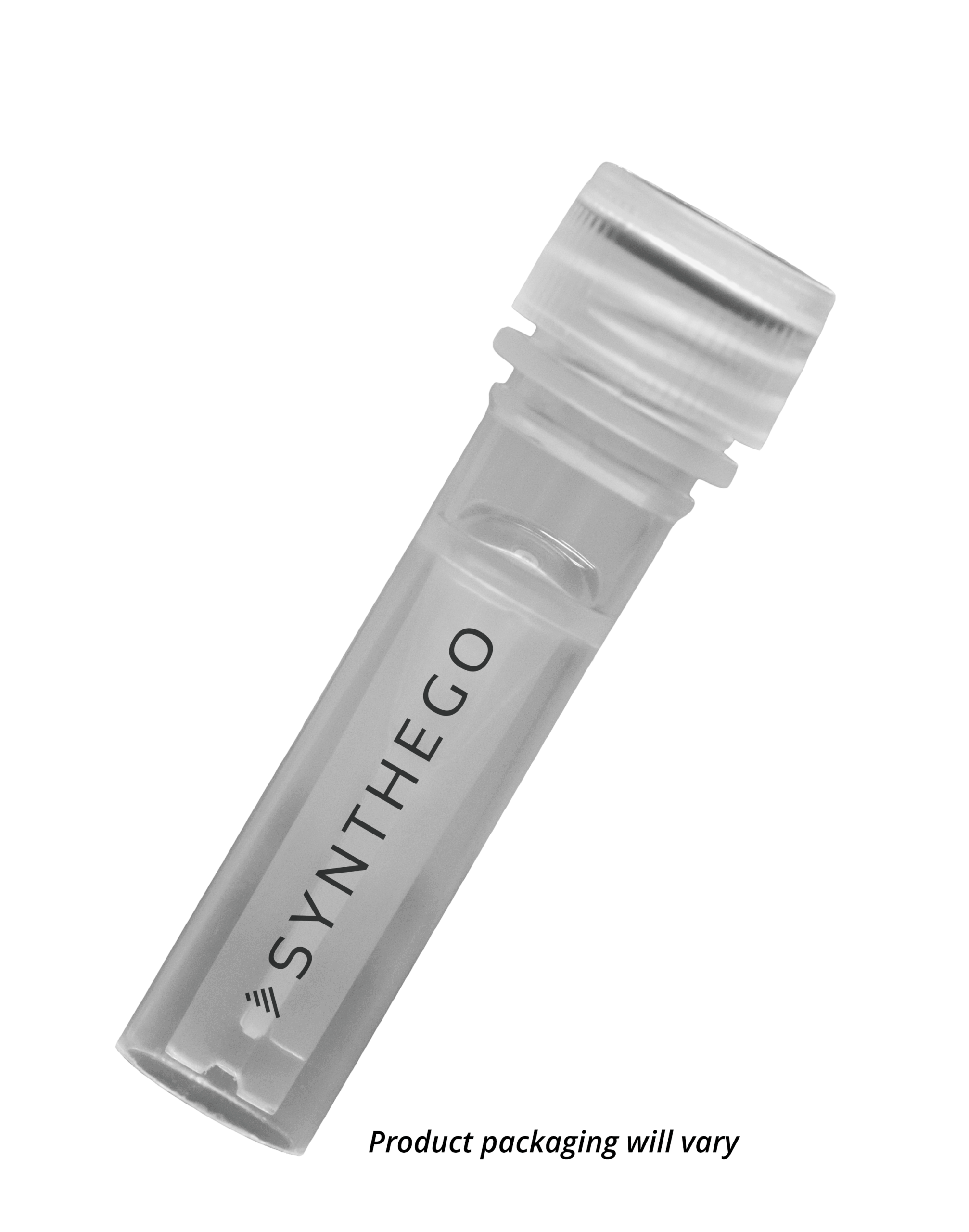- Exceptional Purity: Ensures reliable performance for routine and challenging PCR applications.
- Optimized Buffer Composition: Increases amplification yield and supports robust performance.
- Inhibitor Resistance: Enables amplification from DNA templates with carry-over inhibitors like blood, ethanol, or humic acid.
- Broad Specificity and Sensitivity: Suitable for a wide range of amplicons, including low copy number targets and GC-rich templates.
Learn more
Webcast featuring eSpOT-ON
Explore More
eSpOT-ON Nuclease Protein Available Now
Explore More
Order eSpOT-ON Nuclease mRNA Now

